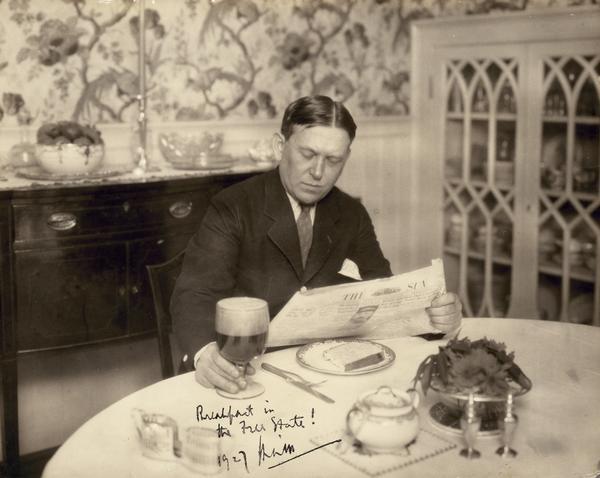LizzieMaine
Bartender
- Messages
- 33,766
- Location
- Where The Tourists Meet The Sea
Geesie said:He could only be called a nihilist in the sense that most nihilists can be - believing in nothing so much as oneself.
A man never says "we cannot have democracy, for I cannot bear the burden of governance." One only hears "we cannot have democracy because all those people are incapable of it." His contempt for democracy is based on the deep anger that all those inferior beings can have a say in his world.
That's exactly the reason why all the efforts to posthumously co-opt him into this movement or the other basically miss the point of what he was saying. While a great Marxist thinker once said "I would never be a part of any club that would have me as a member," Mencken was more along the lines of "I would never be a part of any movement that would have *you* as a member."
But I also think people too often take him at face value -- how much of what he wrote for public consumption was wild hyperbole and how much of it he actually believed remains open to interpetation. Like Ambrose Bierce and Mark Twain before him, he knew that outrageous, controversial quotes sold books and newspapers.



